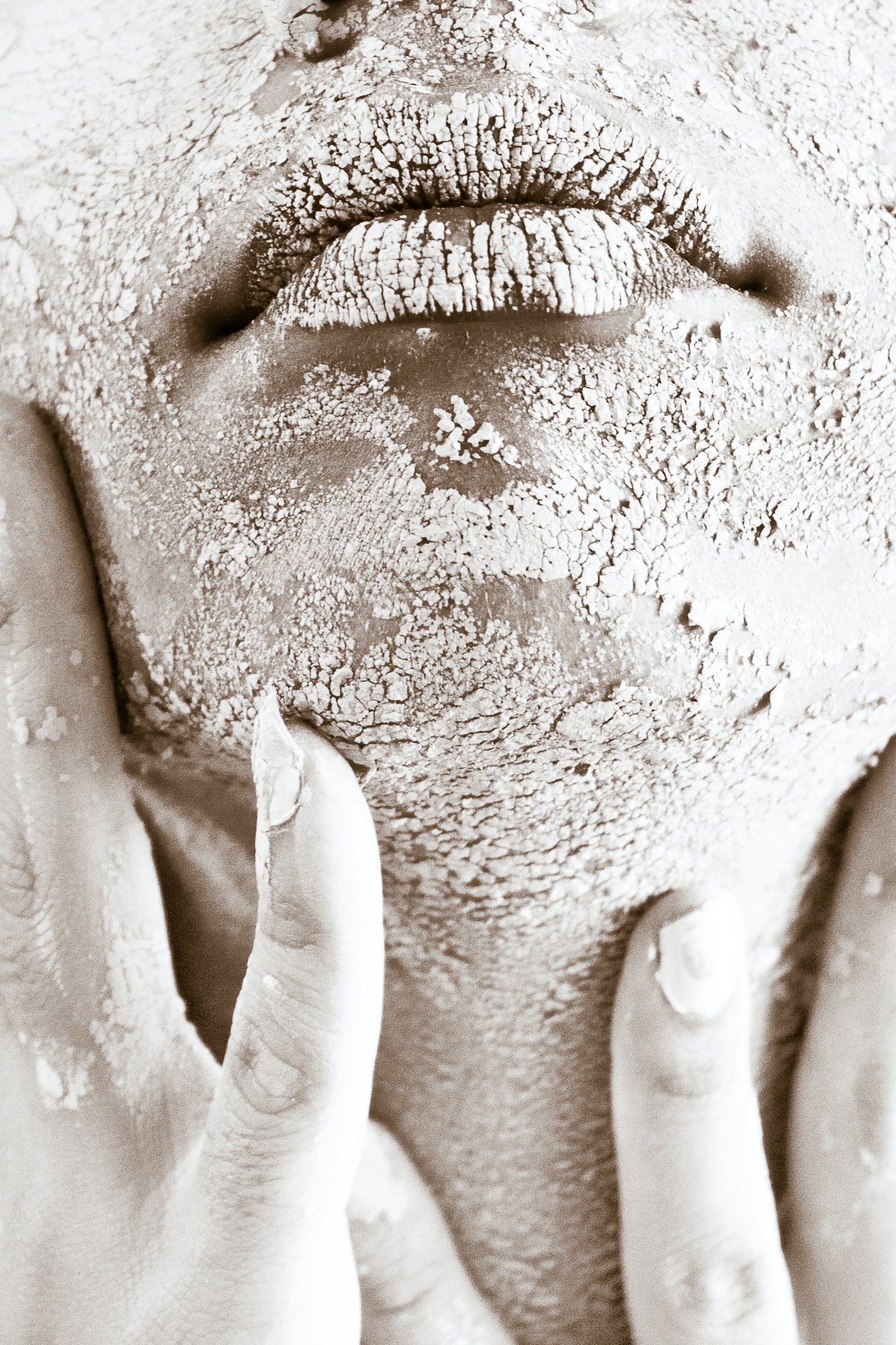You have a lovely new moisturizer or serum—expensive, beautiful-smelling, raved about on Instagram—but minutes or hours after you apply it, your skin gets red and itchy. Or you’ve merrily experimented with skin-care products for years, but suddenly whatever you put on makes your skin angry. There are many reasons your skin might react to a product, all of which require a different approach to restore a state of calm.
“With an allergy, the immune system is reacting to whatever is contacting the skin,” says Dr. Harvey Lui, head of dermatology and skin science at UBC and a dermatologist at Vancouver General Hospital. “That triggers inflammation, which manifests as swelling, blistering, redness, and itching.”
Contact urticaria allergic reactions appear shortly after contact with the allergen. “For example, wool sweaters can stimulate a hive or urticaria response where you get weals, those raised edematous plaques, straightaway, and they often disappear in 24 hours and respond to [antihistamine] Benadryl,” says Dr. Aegean Chan, a dermatologist in Santa Barbara. Hives aren’t always caused by skin contact allergies, however— they can also be caused by food allergies or physical irritants such as cold temperatures or tight clothing.
Then there’s allergic contact dermatitis. This is also a true allergy that involves the immune system but it produces reactions such as redness and itching, swelling, blistering, dryness, and bumpiness. These might appear long after contact and not necessarily in the location in contact with the allergen. “Typically, if someone is exposed to something like the nickel in their earrings, for example, they won’t get a reaction for 10 days to two weeks because it takes that long for your immune system to generate a response,” Dr. Chan says. Subsequent reactions might turn up more quickly. Nail polish allergies can often show up on the eyelids if you rub them, or you could be allergic to an ingredient in an aerosolized hairspray and have a reaction on your face or neck. The vague timeline, coupled with the broad range of symptoms, can make it tricky to determine what’s actually going on. And this can lead to confusion with another condition: irritant contact dermatitis, which isn’t an allergy at all.
Irritant contact dermatitis “is if you come into contact with something intrinsically irritating,” Dr. Lui says, “For example, if you were a dishwasher and your hands were constantly exposed to detergent and you got a rash, you’re not developing an allergy to soap and water.” What’s happening is that the detergent is breaking down the barrier layer, a protein and lipid layer on the surface that prevents water from evaporating and stops irritants getting in. Dr. Lui says this lipid layer is like Goretex for the skin.
The lipid barrier is weaker in people who have atopic eczema because they have a deficiency in filaggrin, a protein. Barrier dysfunction can also be caused by overuse of exfoliants, acids, and retinoids, and tends to get weaker with age, around perimenopause and menopause, Dr. Chan notes.
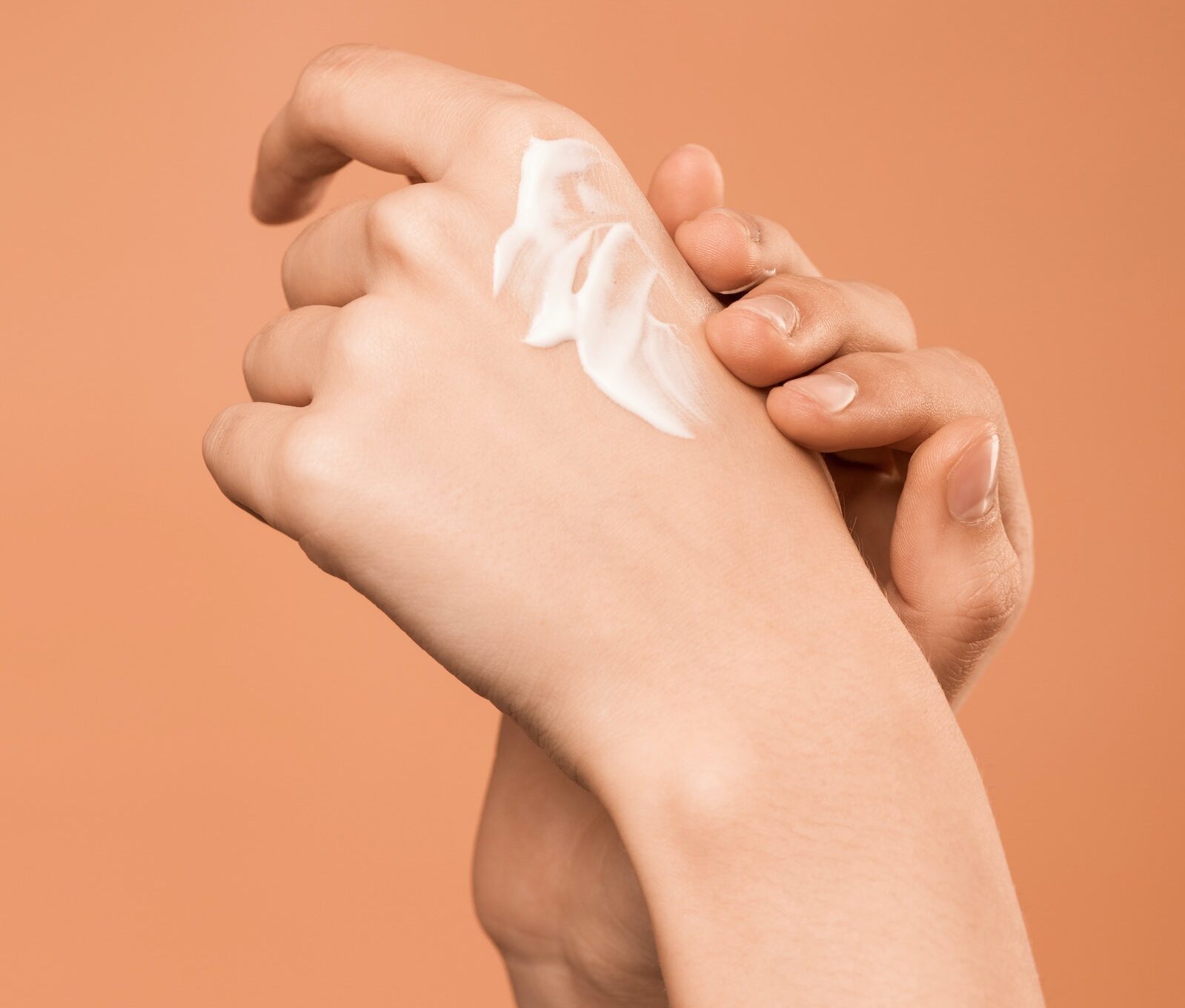
Once the lipid barrier is impaired, the skin becomes drier, because it can’t retain moisture, and susceptible to irritation so it suddenly seems as if anything applied on the skin makes it react. Many people call this sensitive skin, though Drs. Chan and Lui find the term imprecise. One person might be referring to eczema when they talk about their skin reacting, while another could mean rosacea.
If you experience a true allergy, whether it’s hives or a contact allergy, first identify what you’re reacting to with personal detective work, figuring out what new products or materials you may have been in contact with recently, and/or by skin-prick test for hives or patch test for allergic contact dermatitis. Then avoid the allergen as much as possible.
Hives can be treated with antihistamines, but these won’t work for allergic or reactive contact dermatitis, which respond in the short term to steroids that calm inflammation. A longer-term solution is to strengthen the moisture barrier, reducing generalized sensitivity and making the skin more resilient. If you have an impaired moisture barrier, you also might be susceptible to developing a true allergy because allergens are more likely to enter your skin. “In general, once a patient develops an allergy, they retain that status for a long time or perhaps indefinitely,” Dr. Lui says. The allergy can’t be reversed by restoring the barrier, but he says the frequency and severity of reactions can be decreased.
How do you strengthen your skin’s barrier? “You need bland emollients that don’t have a lot of extra ingredients, fragrance, or preservatives, and make sure you’re not overcleansing,” Dr. Lui says. Dr. Chan agrees: “People think that if they have a rash, they can scrub it away, but that impairs the barrier more and makes things worse,” she says. “Stop everything, use gentle skin care, rinse only with water, use Vaseline. For mild irritant reactions, most people get better with TLC for a few days, though if it persists, see a dermatologist for an accurate diagnosis.”
Are you doomed to use basic (read: boring) skin care forever if you have an episode or multiple episodes of sensitivity? Not necessarily. “People can go back to experimenting, but carefully and gradually,” Dr. Lui says. “If you really want to use a certain product because you believe it will help make skin look younger or whatever, yes, you can restore the topicals, but just start with the forehead. After a week or so, if the forehead is okay, no reaction, then extend to the left cheek. If you’re going to rechallenge the skin with products, do so gradually.” Some skin will never be able to tolerate certain ingredients, even though it’s not allergic to them.
Where do factors like stress fit in? That’s a tricky question. “Stress can definitely play into things,” Dr. Lui says. “But it becomes difficult to sort out whether the chicken or the egg came first. Because it’s very uncomfortable to be itchy—and that in itself can cause stress.”
Feeling the burn and confused about what products and ingredients are safe and beneficial for your moisture barrier? Here are seven to try.
Avène XeraCalm Lipid-Replenishing Cleansing Oil
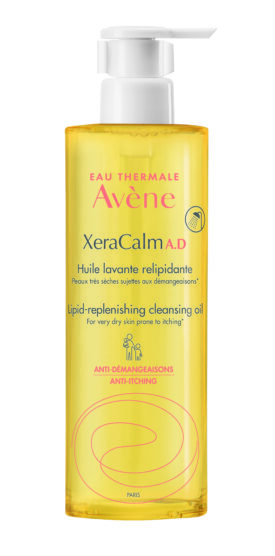
Designed for people with conditions like eczema, this can be used even during a flare-up to remove dirt and makeup without harming the barrier layer.
Biologique Recherche Toleskin
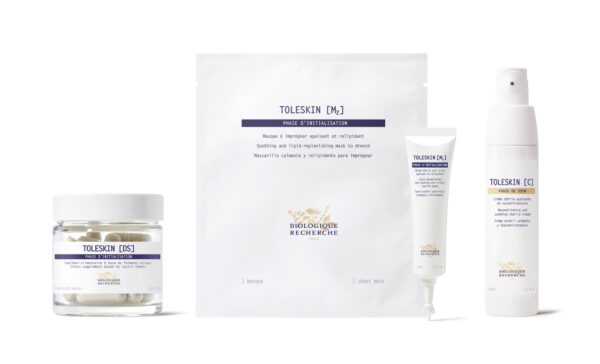
The French brand’s new range was created for complexions in crisis, when it feels like skin is unable to tolerate anything. Comprising a mask, cream, and dietary supplement, it claims to calm initial inflammation in the short term and make skin more tolerant and resilient for the future.
CeraVe Itch Relief Moisturizing Cream
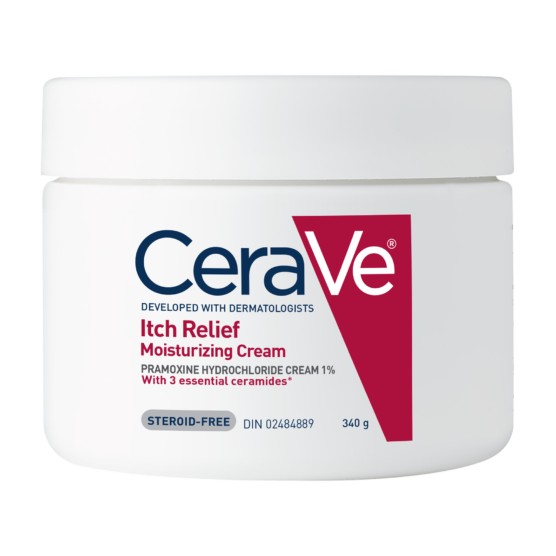
This cream contains the brand’s usual combination of hyaluronic acid to draw moisture into the skin and ceramides to maintain the moisture barrier, plus an ingredient called pramoxine hydrochloride, which relieves itching or pain from eczema, bites, and sunburn, and can even be used on broken skin.
La Roche-Posay Toleriane Dermallergo Eyes
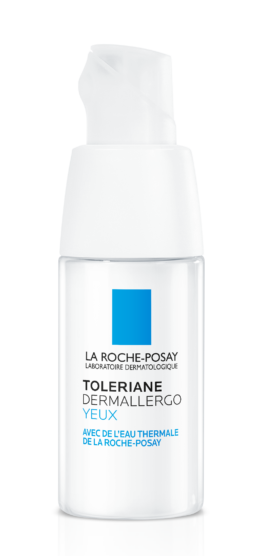
Skin near the eyes can be particularly sensitive because it’s so thin. This fragrance- and alcohol-free cream is designed to restore the barrier layer, reduce redness, and relieve irritation. Apply it morning and evening to the eye-contour area.
MooGoo Natural Soothing MSM Moisturizer
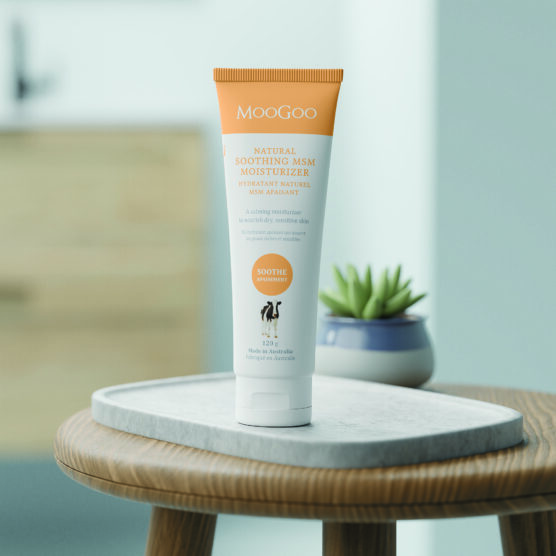
Methylsulfonylmethane (MSM) soothes and calms skin. Megan Granville, head of marketing at MooGoo Skin Care, suggests using this lightweight cream within three minutes of bathing to help lock moisture in. It also contains almond oil to moisturize and add fragrance without irritation.
Ren Evercalm Ultra Comforting Rescue Mask
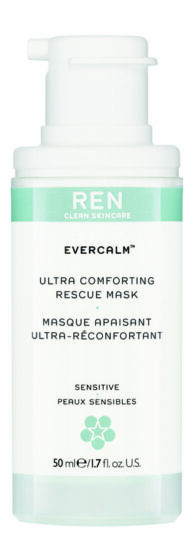
The brand’s dermatological tests show that this mask calms and soothes skin within 30 minutes, reducing redness and discomfort. It also has ingredients to boost barrier function. Apply it three times a week for 10 or 15 minutes, or whenever you have a skin emergency.
Vichy Minéral 89 Hyaluronic Acid Serum
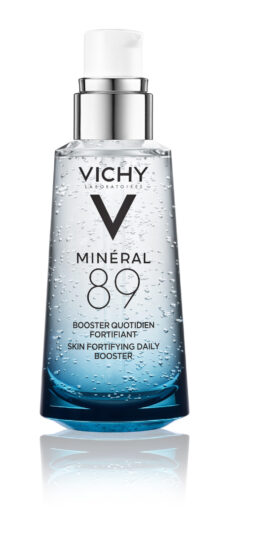
This light serum containing volcanic water and hyaluronic acid is suitable for all skin types. It’s designed to hydrate skin and repair the moisture barrier to fortify it against external aggressors.
Read more beauty stories.

